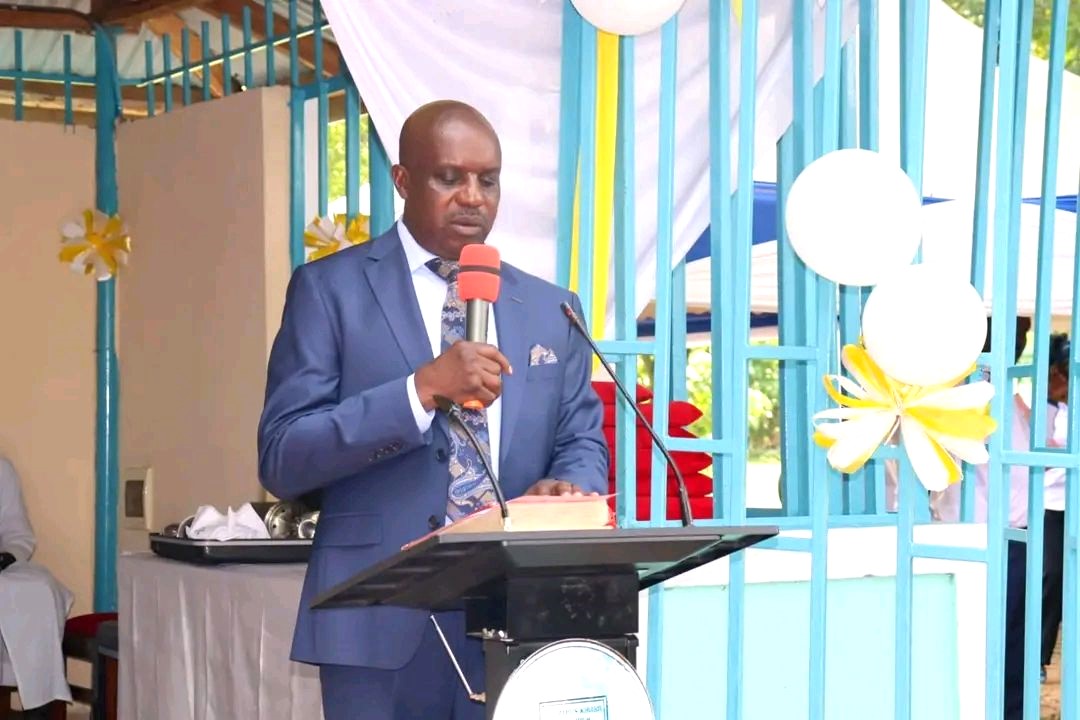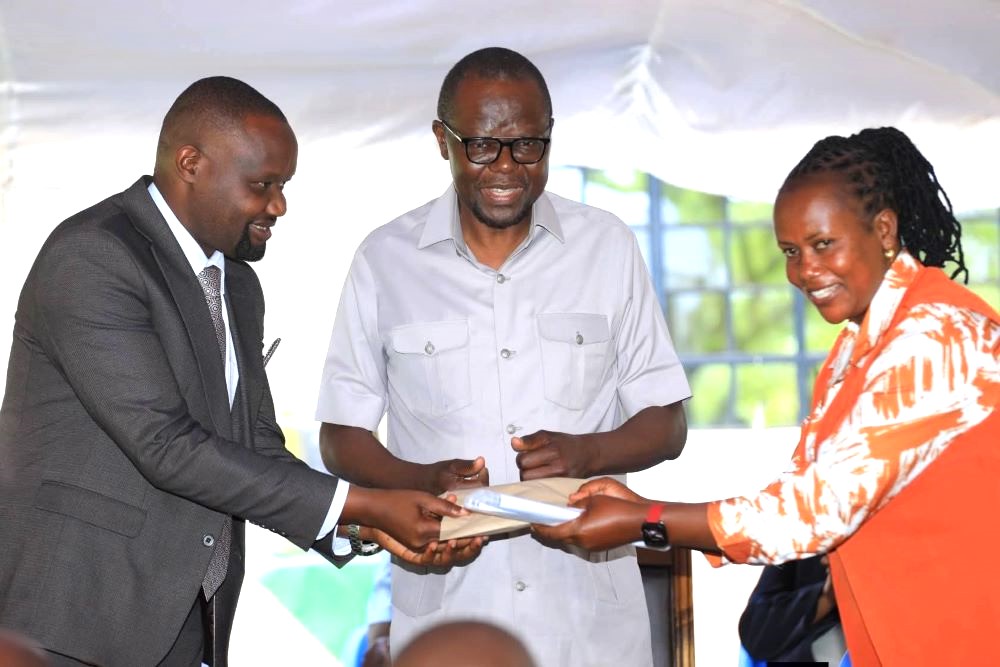The Kenya National Examinations Council (KNEC) has, without question, done commendable work in transforming the landscape of national assessments in Kenya. From digitising registration and result transmission systems to embracing competency-based assessment models, KNEC has steered the ship of national evaluation through turbulent educational waters with remarkable resilience. Gone are the days when examination papers were wrapped in mystery and released in unpredictable waves of anxiety. Today, learners, teachers and parents can access structured examination timetables, secure marking procedures and digital result slips; a feat worth applauding.
Yet, despite these strides, the credibility of national assessments continues to be a matter of public debate. Each examination season, we witness recurring whispers of malpractice, paper leaks, inconsistent grading and logistical lapses. While these challenges may not fully erase the milestones achieved, they do cast a shadow on the integrity of a system that should symbolise fairness, equity and national pride. The question, therefore, is not whether KNEC has done well; it has, but how it can do even better to safeguard the sanctity of our assessments in a rapidly changing educational ecosystem.
KNEC has embraced modernisation with commendable zeal. The digital registration and tracking of candidates has significantly reduced cases of impersonation. The electronic transmission of results has enhanced efficiency, ensuring that students and schools receive feedback in record time. Moreover, the Council’s introduction of school-based assessments under the Competency-Based Curriculum (CBC) has diversified evaluation beyond the high-stakes, one-off national examinations. Furthermore, KNEC’s collaboration with agencies like the Ministry of Education, the Teachers Service Commission (TSC) and security organs during exam administration has injected a sense of order and discipline into the process. Teachers on invigilation duty are more cautious, and candidates have grown more aware that integrity matters. These are undeniable gains that should be built upon.
However, beneath these successes lie cracks that threaten to widen if not addressed boldly and innovatively. Despite improved security protocols, cases of exam leakage or early exposure of papers still emerge. Whether through rogue insiders or digital networks, any hint of leakage erodes public trust. The credibility of a national exam depends not only on the accuracy of marking but also on the integrity of its administration. Some teachers and candidates still express concern over grading inconsistencies, particularly in language and composition papers. The limited feedback system, where candidates only see their final grades without a breakdown of performance, leaves many questions unanswered.
Invigilators and examiners, who are the foot soldiers of the process, often face delayed payments, poor working conditions and minimal training. When the morale of these officers dips, the entire credibility chain weakens. Although the CBC has begun to shift the focus, the national psyche still equates intelligence and success with KCPE and KCSE results. This overemphasis breeds unhealthy competition, cheating and a transactional attitude towards learning.
KNEC’s credibility is the heartbeat of Kenya’s education system. To keep that heartbeat strong, bold reforms, creative innovations and firm accountability measures must be pursued. KNEC should invest in end-to-end encryption and blockchain-based tracking systems for exam papers. Each paper, from printing to delivery, should carry a digital signature traceable to a specific officer. This would make it almost impossible to leak documents without leaving a digital footprint. Smart locks, GPS tracking of examination containers and digital verification of opening times could further seal loopholes.
READ ALSO:
Mashujaa Day celebrations to proceed in Kitui tomorrow as nation continues to mourn Raila
A national examination command centre, equipped with real-time surveillance feeds from all exam distribution points, can revolutionise monitoring. Artificial intelligence (AI) could flag anomalies such as early opening of containers, irregular movements or suspicious digital activity. The credibility of the assessment rests heavily on human judgment. KNEC should establish a structured examiner professional development programme; a certification process that trains, accredits and renews examiners annually. Timely payment, welfare insurance and transparent marketing policies would boost morale and accountability.
Instead of issuing raw grades, KNEC could provide diagnostic reports highlighting strengths and weaknesses by competency area. This feedback would guide schools and learners in improvement, while reducing suspicion around grading fairness. To reduce the obsession with final exams, KNEC should deepen integration with school-based assessments, giving them more weight and credibility. Periodic moderation visits, teacher calibration workshops, and cross-school peer reviews would ensure SBAs are standardised and trusted.
After every exam cycle, KNEC should publish a public report detailing successes, challenges and lessons learned. Transparency breeds trust. The Council must engage openly with teachers’ unions, parents’ associations, and education think tanks to create a shared sense of ownership in the process. Examination integrity must also be a moral movement. KNEC, in partnership with schools, can roll out national integrity campaigns, including rallies, media engagements, and mentorship programmes, reminding learners that success without honesty is hollow. When moral culture aligns with administrative systems, cheating becomes socially unacceptable.
The credibility of Kenya’s national assessments is not merely an institutional concern; it is a national duty. Every exam paper represents a child’s dream, a parent’s sacrifice and a teacher’s labour. KNEC has done well, but the journey toward absolute trust demands innovation, transparency and courage. When exams become sacred again, untampered, fair and reflective of actual effort, our education system will not only produce graduates, but men and women of integrity. That is the ultimate test KNEC must pass; not on paper, but in the conscience of a nation.
Integrity is the new curriculum.
Angel Raphael
Angel Raphael is a seasoned educator and writer passionate about integrity, excellence and transforming Kenya’s education system.
You can also follow our social media pages on Twitter: Education News KE and Facebook: Education News Newspaper for timely updates.
>>> Click here to stay up-to-date with trending regional stories
>>> Click here to read more informed opinions on the country’s education landscape
>>> Click here to stay ahead with the latest national news.






